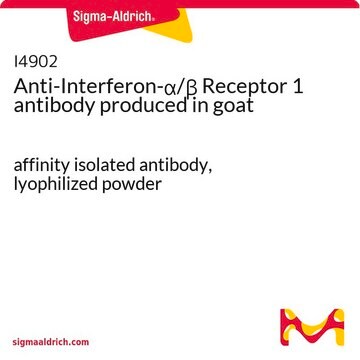M1156
Methyl β-D-glucuronide sodium salt
≥98% (TLC, anhydrous)
About This Item
Recommended Products
Quality Level
assay
≥98% (TLC, anhydrous)
form
powder
optical activity
[α]25/D -61.0 to -59.0 °, c = 1% (w/v) in water
technique(s)
thin layer chromatography (TLC): suitable
impurities
≤2% water (Karl Fischer)
color
white to off-white
solubility
water: 50 mg/mL, clear, colorless to faintly yellow
cation traces
Na: 7.5-12.5%
SMILES string
[Na+].[O-]C(=O)[C@H]1O[C@H]([C@@H]([C@H]([C@@H]1O)O)O)OC
InChI
1S/C7H12O7.Na/c1-13-7-4(10)2(8)3(9)5(14-7)6(11)12;/h2-5,7-10H,1H3,(H,11,12);/q;+1/p-1/t2-,3-,4+,5-,7+;/m0./s1
Inchi Key
MSQCUKVSFZTPPA-UDGZVUODSA-M
General description
Application
Other Notes
Storage Class
11 - Combustible Solids
wgk_germany
WGK 3
flash_point_f
Not applicable
flash_point_c
Not applicable
ppe
Eyeshields, Gloves, type N95 (US)
Choose from one of the most recent versions:
Certificates of Analysis (COA)
Don't see the Right Version?
If you require a particular version, you can look up a specific certificate by the Lot or Batch number.
Already Own This Product?
Find documentation for the products that you have recently purchased in the Document Library.
Customers Also Viewed
Our team of scientists has experience in all areas of research including Life Science, Material Science, Chemical Synthesis, Chromatography, Analytical and many others.
Contact Technical Service








